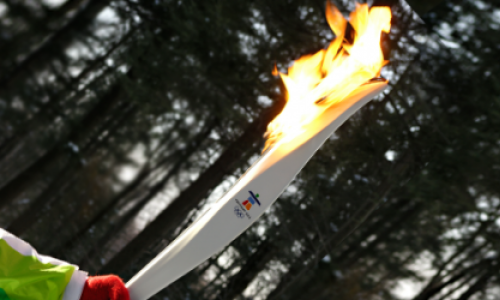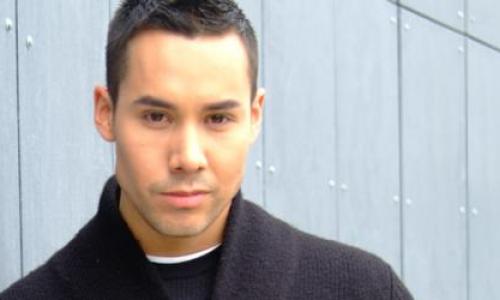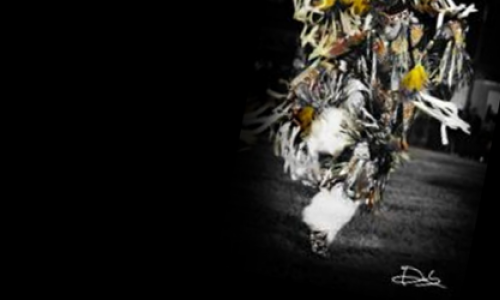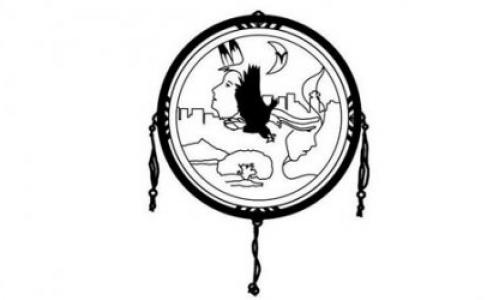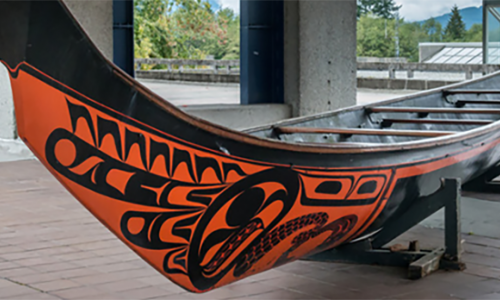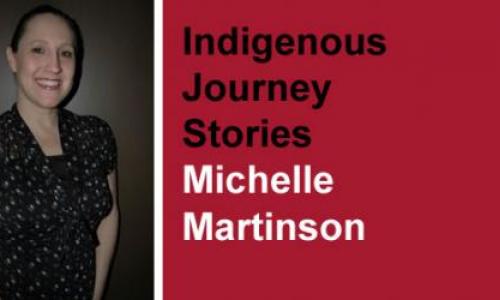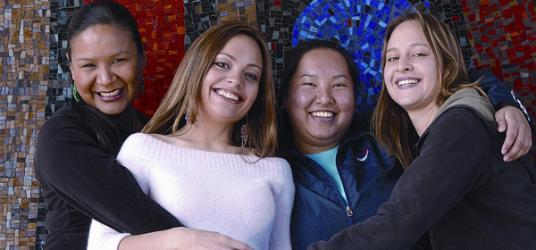
High School to Post-Secondary
Barriers
I would be amiss to discuss education for Indigenous students and not acknowledge the challenges facing Indigenous people in general and Indigenous students, in particular. Let’s get that over with first.
For Aboriginal students that complete high school with a leaving certificate, the journey to higher education can be difficult for several reasons.
Historically, education for Aboriginal people has been associated with the residential school experience. Aboriginal youth today face the generational and colonizing effects of residential schools. The trauma stemming from the forcible removal of Aboriginal children from their communities, followed by the systemic physical and sexual abuse that took place in these institutions has often resulted in negative associations and low enrollment rates of First Nation adults, causing a lack of modeling for Indigenous youth.
Also, and unfortunately, inadequate preparation for Indigenous students is a common barrier to post-secondary. Many indigenous students complete high school without proper reading, writing, mathematical and comprehension skills. This results in many students leaving post secondary because they are ill prepared and overwhelmed by the coursework.
Facing discrimination, poverty, familial responsibilities and strong community ties can also deter a student from seeking higher education. However, many of these challenges can be overcome with the proper support and resources. (First Nation Education Steering Committee)
Support
For many Indigenous students, attending a post-secondary institution requires leaving one’s community. Strong community ties are positive but may prevent a student from considering college or university.
Most college’s and universities have Indigenous communities. SFU offers various means of support for their Indigenous students. There are peer-mentoring programs, the elders program, the First Nation Student Association and the Indigenous Student Centre to name just a few. New students have the opportunity to build a community within the walls of the school. Other institutions have similar programs. The city itself also has many opportunities to build support systems. The Aboriginal Friendship Centre, in Vancouver, for example, hosts Powwow night and West Coast night for everyone.
There are many avenues of support to enable an easier transition into post secondary. Living on residence at a University can also be an excellent way to build a new social network. Most on campus residences have various activities for each floor so building new friendships and making new connections comes quickly.
Resources
There are many resources for Indigenous students; it’s just a matter of finding them. Funding can be the most difficult barrier to overcome, because it can be a process. For those with band membership, the first and best place to look is through one’s own nation. Applying for post-secondary sponsorship is usually as simple as contacting the education coordinator at the band office and filling out an application form. My best piece of advice in this area is to continue to follow up on the status of an application. If a student already has a college or university in mind, usually the Indigenous Recruitment Coordinator can aid in communication between the university and the band. For example, Jennie Blankenship at SFU works to help students with;
-
Aboriginal Undergraduate Admission Policy
-
Aboriginal university prep
-
Aboriginal pre-health
-
Academic advising
-
Admission
-
Funding and sponsorship
For Métis students, the Métis society can help students with funding as well. As long as a student has a Métis card or is a member of their local Métis society, they have the option of applying for funding. The Métis society will provide funding for a maximum of two years. The application process may take time, however there are always people available to help.
Scholarships and Bursaries are always available as well, and like everything else there is an application process, but it is well worth the effort.
* These scholarships are available to all Indigenous students, current and prospective.
Bursaries
-
Aboriginal Student Bursary
-
Bill and Elsie More First Nations Bursary
-
The Vancouver Foundation First Nations Bursary
-
Laura (Pat) Band and Richard W. Band – Bursary for First Nations Students
-
BC Indian Arts and Welfare Society Memorial Bursary
-
Indian/Inuit Health Careers Bursary Program
-
Ministry of Health – Native Health Bursary
-
BC Ministry of Aboriginal Affairs – First Citizen's Fund
Scholarships
-
BC Hydro Aboriginal Scholarships
-
National Aboriginal Achievement Foundation:
-
Fine Arts Scholarship Program
-
Post-Secondary Education Awards Program
-
Aboriginal Health Careers Program
-
Aboriginal Veterans' Memorial Scholarship Trust Fund
-
Xerox Aboriginal Scholarships Program
Awards
-
Aboriginal Entrance Award
-
Aboriginal Student Leadership Award
-
NSERC Aboriginal Student Research Awards
-
Imperial Oil Resources Native Educational Awards
-
Royal Bank Native Student Awards
-
Husky Oil Education Awards for Native People
-
The Foundation for the Advancement of Aboriginal Youth
-
Mungo Martin Memorial Award
Links for Bursaries and Scholarship for First Nations Students
Here are some links to help you in your pursuit of Bursaries and Scholarships aimed at Aboriginal post-secondary students:
Funding for Aboriginal Programs
Aboriginal peoples in Canada. Search by location, type of funding, topic, and Aboriginal group.
http://www.aboriginalcanada.gc.ca/acp/apps/fundingtool.nsf/
SFU Financial Aid and Awards
http://students.sfu.ca/financialaid/sabws/bursaries.html
There are many more money saving and budgeting tips out there, especially on the web.
Here are some useful sites:
http://www.schoolfinder.com/finance/budget.asp
http://www.scholarshipscanada.com
There are many other resources out there. Whatever challenges a student is facing there are countering resources available. For students that do not feel prepared for University, there is preparation available. SFU’s Indigenous Student Center has a tutoring program for every subject and SFU offers writing workshops throughout the year. There are resources for childcare and food banks and even an emergency fund if necessary.
For Indigenous students seeking higher education and are motivated to ask questions, to ask for help and to go through the process of doing the work, there is really nothing to stand in the way. I’ve done it, and many others have done it as well. Its not as difficult as one might think. There are challenges and it isn’t always easy, but the rewards far surpass the difficulties.
Transitioning to post-secondary can seem a monumental task at times, but reach out, ask for help and believe that it will be worth it, because it will.










